Improve your health or your customers’ well-being with the marvelous collection of glutathione teens available at unparalleled offers on Alibaba.com. The glutathione teens contain rewarding active ingredients that alleviate various health and cosmetic problems. The broad collection of glutathione teens ensures that you will find all products of your choice, whether you’re acquiring them for yourself, your family, your friend, or to resell for business purposes.
The glutathione teens are obtained from suitable sources including plants and scientific synthesis. Their valuable health effects have been studied and scientific proof supports these benefits. These glutathione teens are obtained through highly regulated and controlled production processes to guarantee safety, along with optimal benefits. On Alibaba.com, glutathione teens vendors are made of certified manufacturers, suppliers, and wholesalers to ascertain the high quality and compliance with regulatory guidelines.
These glutathione teens come in all varieties, considering a range of factors and requirements between individuals and groups of users. When exploring the site, you’ll realize that the glutathione teens come in the appropriate dosage forms to suit adults and children's needs alike. This variability guarantees you that you’ll always find glutathione teens that apply to your needs. Additionally, they come with user instructions as well as usage and storage directions to maintain optimal outcomes.
Alibaba.com is the ideal place for you to shop for quality products while saving money. Explore the wide category of glutathione teens available on the site and choose the perfect match for you. No matter what your needs are, you will find the most suitable glutathione teens to meet your expectations in a convenient manner. Shop today on the site and realize quality is affordable.


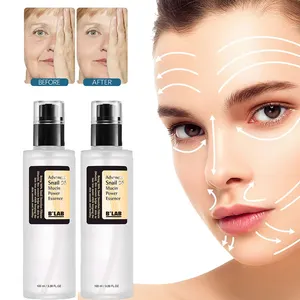

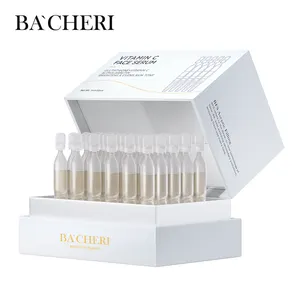



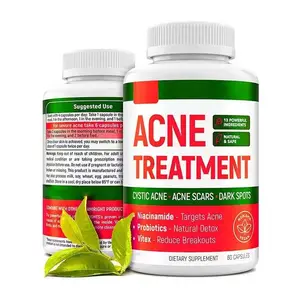



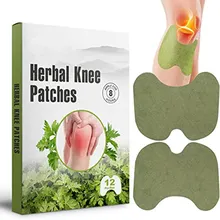

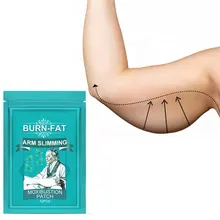




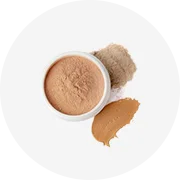












 浙公网安备 33010002000092号
浙公网安备 33010002000092号 浙B2-20120091-4
浙B2-20120091-4